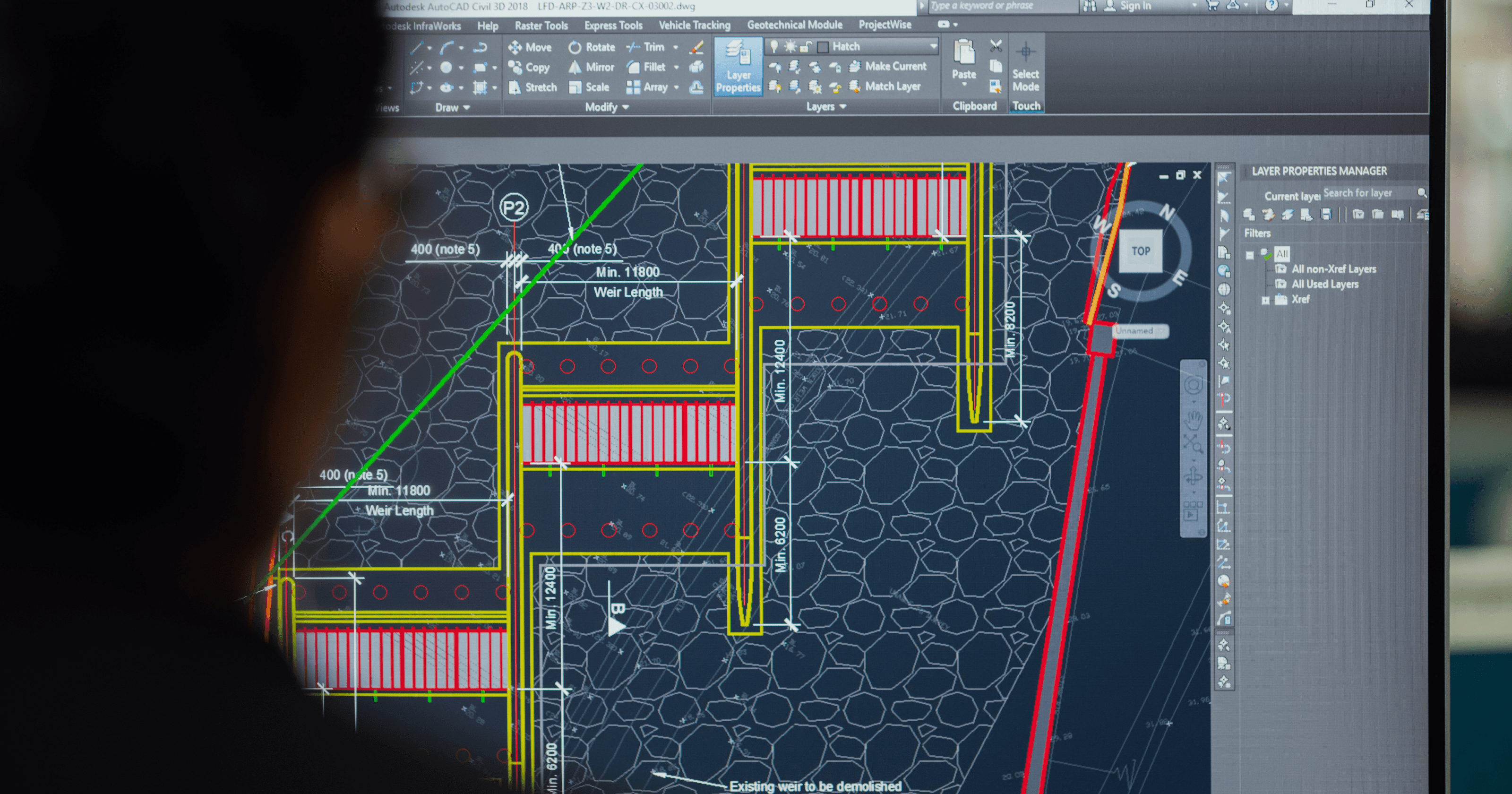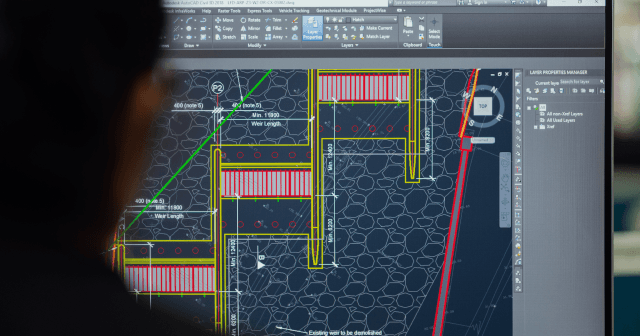

Introduction to Electronic Engineering
Introduction to Electronic Engineering
Electronic Engineering is a fascinating field that revolves around the design, development, and application of electronic circuits and systems. From the smallest microchips to complex communication networks, electronic engineers play a crucial role in shaping our modern world. In this article, we will delve into the fundamentals of electronic engineering, exploring its various subfields, applications, and the impact it has on our daily lives. We will also showcase real-world projects where electronic engineering has been instrumental, demonstrating its practical applications and innovation.
Electronic Engineering is a fascinating field that revolves around the design, development, and application of electronic circuits and systems. From the smallest microchips to complex communication networks, electronic engineers play a crucial role in shaping our modern world. In this article, we will delve into the fundamentals of electronic engineering, exploring its various subfields, applications, and the impact it has on our daily lives. We will also showcase real-world projects where electronic engineering has been instrumental, demonstrating its practical applications and innovation.
The Scope of Electronic Engineering: Electronic Engineering encompasses a wide range of disciplines, including analog and digital electronics, telecommunications, control systems, signal processing, and more. Electronic engineers apply their knowledge of physics, mathematics, and computer science to design, develop, and optimize electronic devices and systems.
The Scope of Electronic Engineering: Electronic Engineering encompasses a wide range of disciplines, including analog and digital electronics, telecommunications, control systems, signal processing, and more. Electronic engineers apply their knowledge of physics, mathematics, and computer science to design, develop, and optimize electronic devices and systems.
Analog and Digital Electronics: Analog and digital electronics are fundamental areas of electronic engineering. Analog electronics deals with continuous signals, such as voltage or current, while digital electronics focuses on discrete signals represented by binary values (0s and 1s). Electronic engineers design and analyze circuits using components like resistors, capacitors, transistors, and integrated circuits to process, amplify, and control electronic signals.
Analog and Digital Electronics: Analog and digital electronics are fundamental areas of electronic engineering. Analog electronics deals with continuous signals, such as voltage or current, while digital electronics focuses on discrete signals represented by binary values (0s and 1s). Electronic engineers design and analyze circuits using components like resistors, capacitors, transistors, and integrated circuits to process, amplify, and control electronic signals.
Telecommunications and Networking: Telecommunications is a vital aspect of electronic engineering that involves the transmission and reception of information over long distances. Electronic engineers design and develop communication systems, such as mobile networks, satellite communication, and fiber-optic networks. They work on signal processing techniques, data compression, and error correction to ensure reliable and efficient communication.
Telecommunications and Networking: Telecommunications is a vital aspect of electronic engineering that involves the transmission and reception of information over long distances. Electronic engineers design and develop communication systems, such as mobile networks, satellite communication, and fiber-optic networks. They work on signal processing techniques, data compression, and error correction to ensure reliable and efficient communication.
Control Systems: Control systems are integral to numerous applications, from industrial automation to robotics. Electronic engineers design and implement control systems that regulate the behavior of machines and processes. They utilize sensors, actuators, and feedback mechanisms to monitor and adjust system performance, ensuring stability, accuracy, and safety.
Control Systems: Control systems are integral to numerous applications, from industrial automation to robotics. Electronic engineers design and implement control systems that regulate the behavior of machines and processes. They utilize sensors, actuators, and feedback mechanisms to monitor and adjust system performance, ensuring stability, accuracy, and safety.
Signal Processing: Signal processing involves the analysis, manipulation, and interpretation of signals to extract useful information. Electronic engineers develop algorithms and techniques for tasks such as image and speech recognition, audio processing, and data compression. Signal processing plays a significant role in various fields, including medical imaging, telecommunications, and multimedia applications.
Signal Processing: Signal processing involves the analysis, manipulation, and interpretation of signals to extract useful information. Electronic engineers develop algorithms and techniques for tasks such as image and speech recognition, audio processing, and data compression. Signal processing plays a significant role in various fields, including medical imaging, telecommunications, and multimedia applications.
Electronic engineering is a dynamic and ever-evolving field that underpins the advancement of technology in our society. From the design and development of electronic circuits to the implementation of complex communication networks, electronic engineers contribute to innovations that shape our daily lives. The practical applications of electronic engineering are vast and varied, impacting industries such as telecommunications, automation, healthcare, and more. To witness the practical applications of electronic engineering, visit https://udtech.co/cases , where you can explore projects where electronic engineering was performed from scratch.
Electronic engineering is a dynamic and ever-evolving field that underpins the advancement of technology in our society. From the design and development of electronic circuits to the implementation of complex communication networks, electronic engineers contribute to innovations that shape our daily lives. The practical applications of electronic engineering are vast and varied, impacting industries such as telecommunications, automation, healthcare, and more. To witness the practical applications of electronic engineering, visit https://udtech.co/cases , where you can explore projects where electronic engineering was performed from scratch.